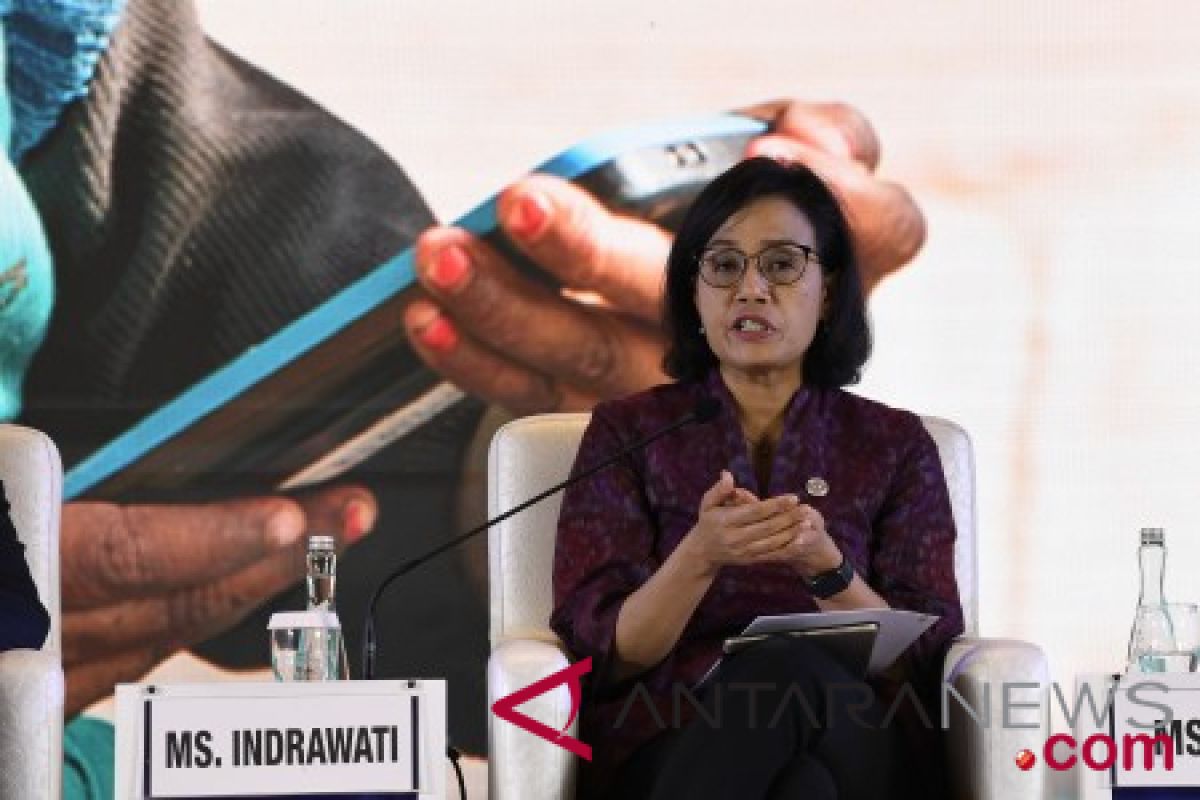"I believe if the WB and donor countries cannot improve human capital in Indonesia, they will not be able to improve human capital anywhere in the world," she said at a Human Capital Meeting on Call to Do Concrete Actions in Nusa Dua, Bali, on Thursday.
On the same day, the WB launched the Human Capital Index in 158 countries, which was followed by the launch of human capital projects in 28 countries, including Indonesia.
Through human capital, projects donor countries are invited to invest in human capital to prepare individuals to work and increase economic competitiveness of a country in the future.
"Indonesia has willingly registered to become the initial country to adopt the project because we believe investment in human capital is a strategic step to assure sustainable and quality growth," she remarked.
Indrawati explained that the Indonesian government, under the directives of President Joko Widodo, has been serious about increasing human capital investment through among others the launch of BPJS-Health universal health insurance program in 2015.
"We are still in the initial stage to achieve universal health safety, but I am confident that with bigger efforts by ministries, state institutions, and regional government, this program will be able to improve human capital in Indonesia," she added.
Based on the WB HCI report, Indonesia`s HCI is recorded at 0.53. If a country gets, for example, 0.5, it means it loses half of its future economic potential.
Besides Indonesia, 27 other countries that adopt human capital project include Armenia, Bhutan, Costa Rica, Egypt, Ethiopia, Georgia, Iraq, Jordan, Kenya, Kuwait, Lesotho, Lebanon, Malawi, Morocco, Pakistan, Papua New Guinea, Peru, the Philippines, Poland, Rwanda, Saudi Arabia, Senegal, Sierra Leone, Tunisia, Ukraine, United Arab Emirates, and Uzbekistan.
Reporting by Azizah Fitriyanti
Editing by Yoseph Hariyadi
Reporter: Antara
Editor: Andi Abdussalam
Copyright © ANTARA 2018







